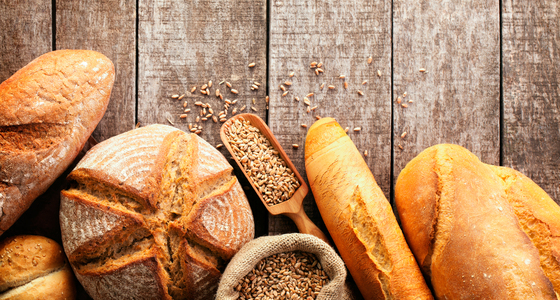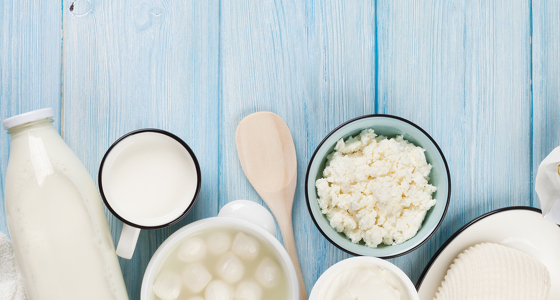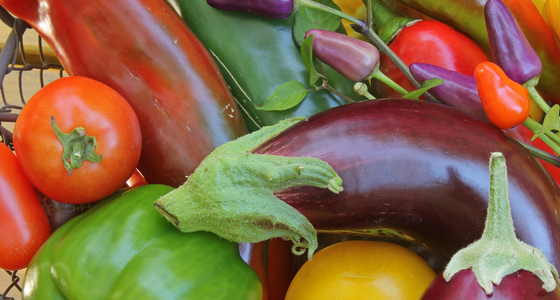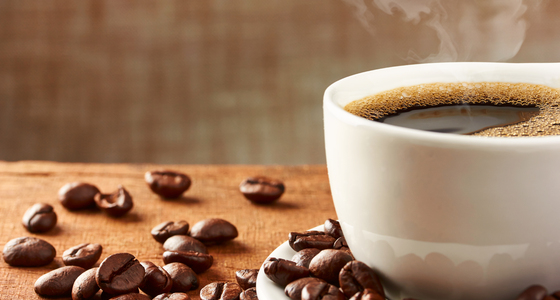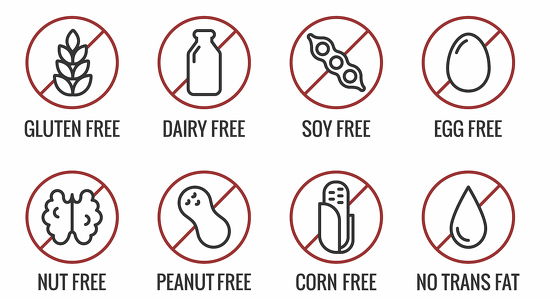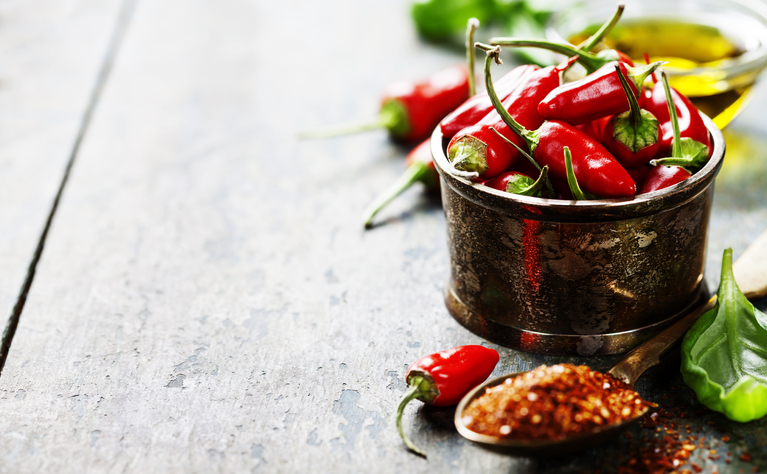
Some people with inflammatory bowel disease have reported that spicy foods can cause a negative effect on their symptoms. Here we take a look at some of the reasons why that may be to help you make your own decision about whether it may be having an effect on you.
Spicy foods are foods that give a ‘kick’ when being eaten. This can often feel like heat or burning in your mouth.
Spicy food is often created using foods that contain capsaicin. When eaten capsaicin reacts with the pain receptors on your tongue and makes it feel like your mouth is burning (or anything else that touches it).
Foods that contain capsaicin include:
These are all members of the nightshade family.
Other foods used to create spice include:
In general, hot, spicy foods are stimulants. They stimulate the circulation and raise body temperature which can make people who eat them feel good and provide an energy boost. In hot countries they can help people to feel cool by bringing body temperature higher, reducing the gap between the person’s temperature and the air temperature.
Spicy food can cause skin irritation when handled and can cause a burning sensation inside the mouth (which can lead to blistering with very spicy food).
It can also increase stomach acid after being eaten.
There is very little data about the effect spicy food can have on inflammatory bowel disease (IBD) or the gastrointestinal (GI) tract. Some people do report pain in their GI tract or stomach cramps, bloating and diarrhoea after eating spicy food and avoid it because of this. This may be due to the increase in stomach acid which takes place when spicy food is eaten.
Researchers looking into the dietary practices of a group of people with IBD found that 41% of people taking part considered spicy food to worsen symptoms1.
Another reason that many people with IBDs, such as Crohn's disease and ulcerative colitis, find some spicy food triggers their symptoms is because they may be sensitive to foods containing nightshades. You can read more about nightshades and IBD here.

